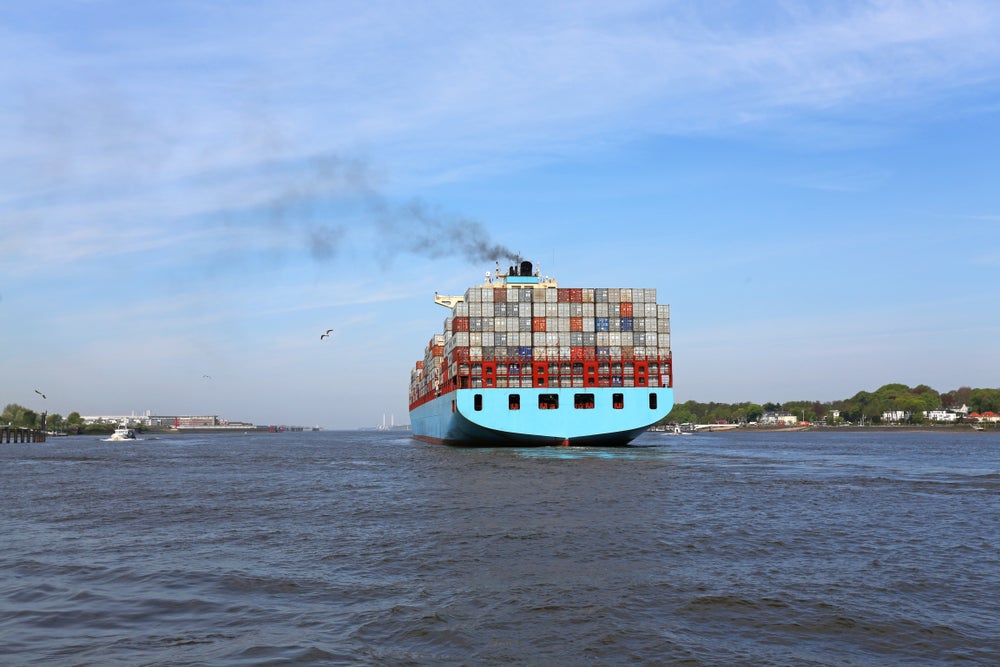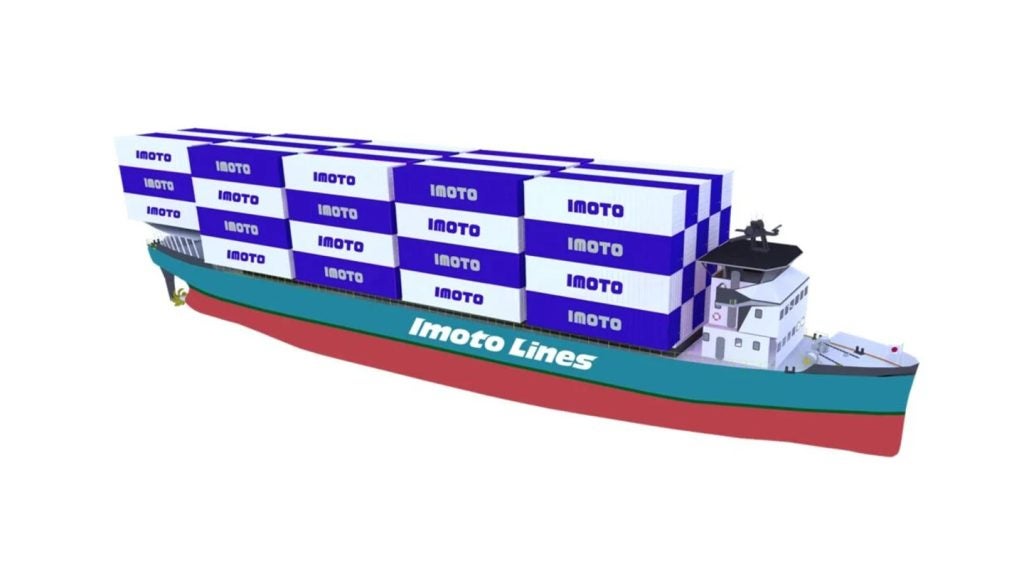
Wilhelmsen Ships Service (WSS) is advising vessel operators of post-combustion fuel treatment to protect the ship’s exhaust gas boiler (EGB) from the corrosive effect of soot depositions.
The company stated that heavy refined marine fuels consist of contaminants such as Vanadium, Sodium, Aluminium, Silica, and Potassium, which after burning leaves a deposit.
The soot particles make their way through vessel exhaust valves and turbo chargers, continuing with the flue gases and finally settling in the EGB.
They tend to stick to the boiler’s heat transfer surfaces, which reduce the EGB’s efficiency, along with debilitating effects including increased cleaning costs, corrosion, and the risk of soot fires.
According to WSS Marine Products, Oil product marketing manager Jonas Östlund, the deposit blocks the passage for the transfer of heat. Just 1mm of soot can reduce the EGB efficiency to 10%.
See Also:
The cleaning of the deposit can dramatically increase the overall cost, which involves labour, equipment, and the disposal of wash water that contains acidic soot.
How well do you really know your competitors?
Access the most comprehensive Company Profiles on the market, powered by GlobalData. Save hours of research. Gain competitive edge.

Thank you!
Your download email will arrive shortly
Not ready to buy yet? Download a free sample
We are confident about the unique quality of our Company Profiles. However, we want you to make the most beneficial decision for your business, so we offer a free sample that you can download by submitting the below form
By GlobalDataAdditionally, un-burnt fuel and lubricants can also settle in the EGB, which reduces the ignition temperature of soot, while increasing a risk of soot fire.
Östlund said: "These can permanently damage the ECB and, although uncommon, pose a very real threat.
"In addition, cold corrosion is also a factor. Sulphur in the fuel reacts with oxygen during combustion to form Sulphur Dioxide and Sulphur Trioxide.
"When the temperature drops below 135°C, which occurs in EGBs operating at low velocities, the Sulphur Trioxide reacts with the moisture in the air and forms sulphuric acid. This is very corrosive to tube surfaces, and affects metal in a similar way to rust."
He insists on adopting post-combustion fuel treatments such as WSS’s Unitor FuelPower Soot Remover Liquid Plus, which provides easy relief from the deposition, offering a comprehensive cleaning solution which does not ‘just end in the fuel tanks’.
WSS’s patented Unitor is dispensed as a fine mist that settles and solidifies on the soot and oxidises the deposition.
Applied automatically four times a day, the cleaning solution is active from 180°C, suitable for the low exhaust gas temperatures associated with slow steaming.
The Unitor FuelPower Soot Remover Liquid Plus has been evaluated last year on-board Wilh.Wilhelmsen’s 76,500 GT RoRo MV Tønsberg, which relieves the vessel from cleaning work after every two months.
Ostlund added: "The outlay is negligible when measured against the very real efficiency gains the treatment delivers.
"It amounts to less than half a percent of daily fuel cost."
Image: EGB is eroded due to soot deposition. Photo: courtesy of Cision.






